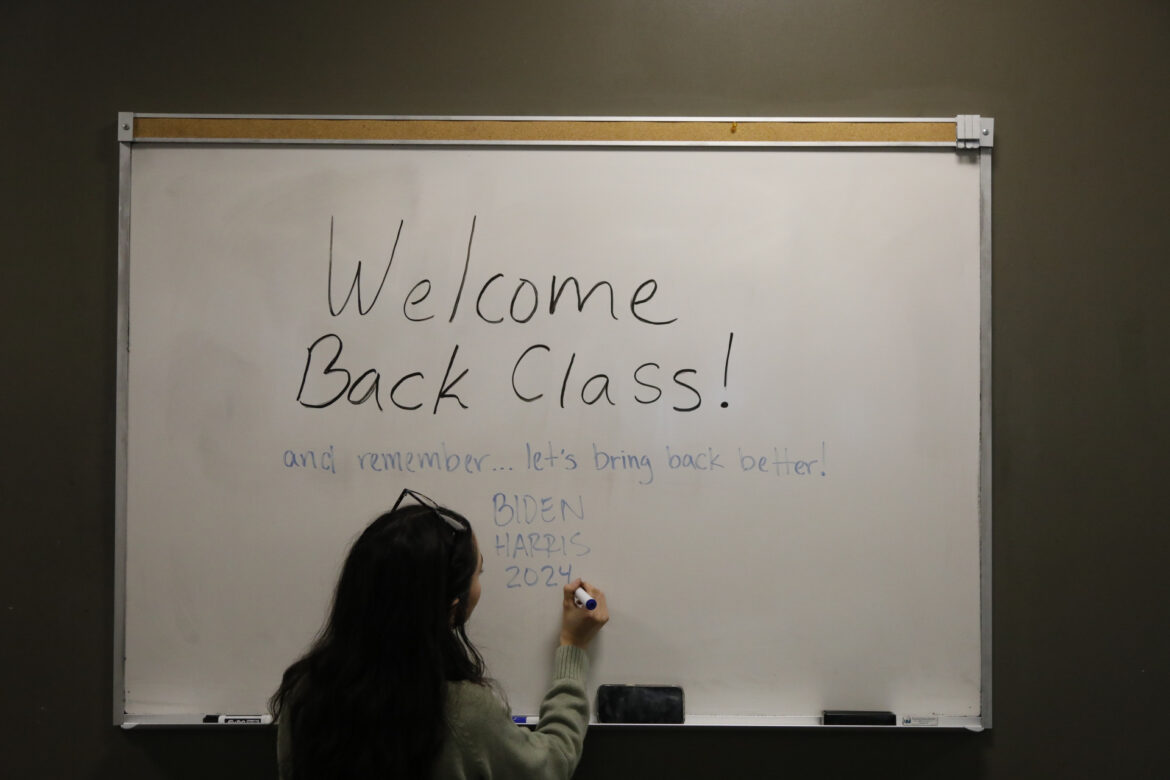For that reason, teachers should not impose their political affiliations on students.
Students might find it emotionally exhausting to hear an educator talk about their political ideologies.
The First Amendment of the U.S. Constitution protects freedom of speech, among other things.
Educators can use the influence of their position to abuse their power by disciplining students who may disagree with them.
That could create a problem for students or create other consequences for those who disagree with a teacher’s political opinion, including the belief that their grade might be affected by their difference of opinion from their professor. That may or may not happen, but the point is the student may be concerned that it could.
For example, a teacher might address a specific topic like reproductive rights and express to the students their opinion that abortion is wrong. A pregnant woman sitting in class may be considering getting an abortion. The women might be wondering why this is being discussed in the classroom. But more importantly, she might have thought that if he knew what she was considering, it may negatively affect her grade in the class.
The main benefit of teachers who keep their political opinions to themselves is that unnecessary political debates have no place in the classroom.
An additional advantage is that students who feel uncomfortable about personal politics will not be distracted by the possibility that their personal beliefs are at odds with those of their teacher.



